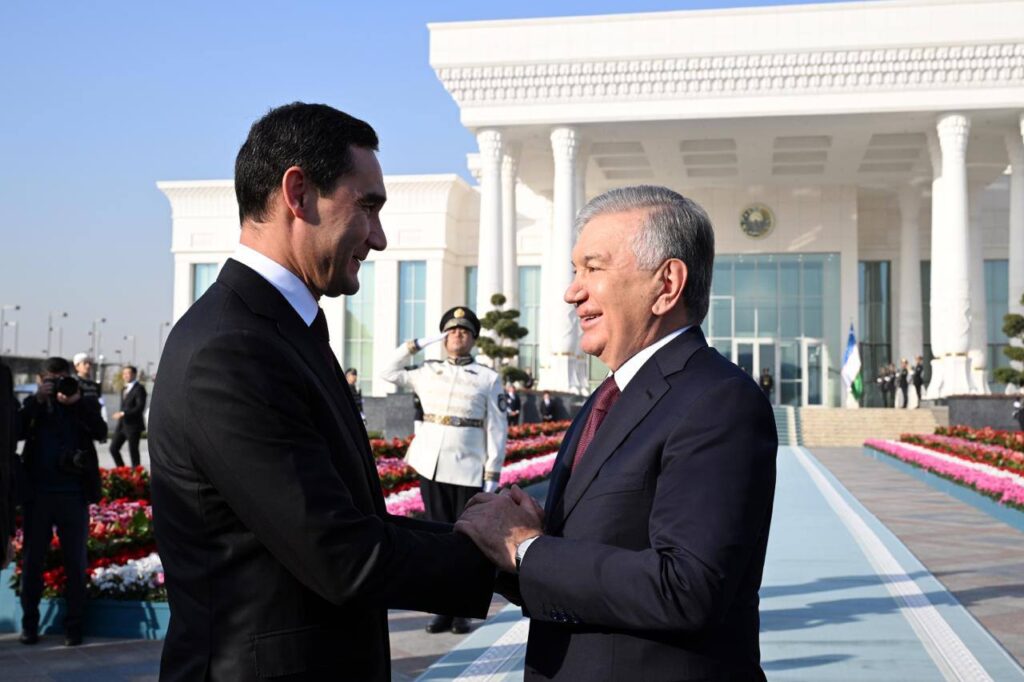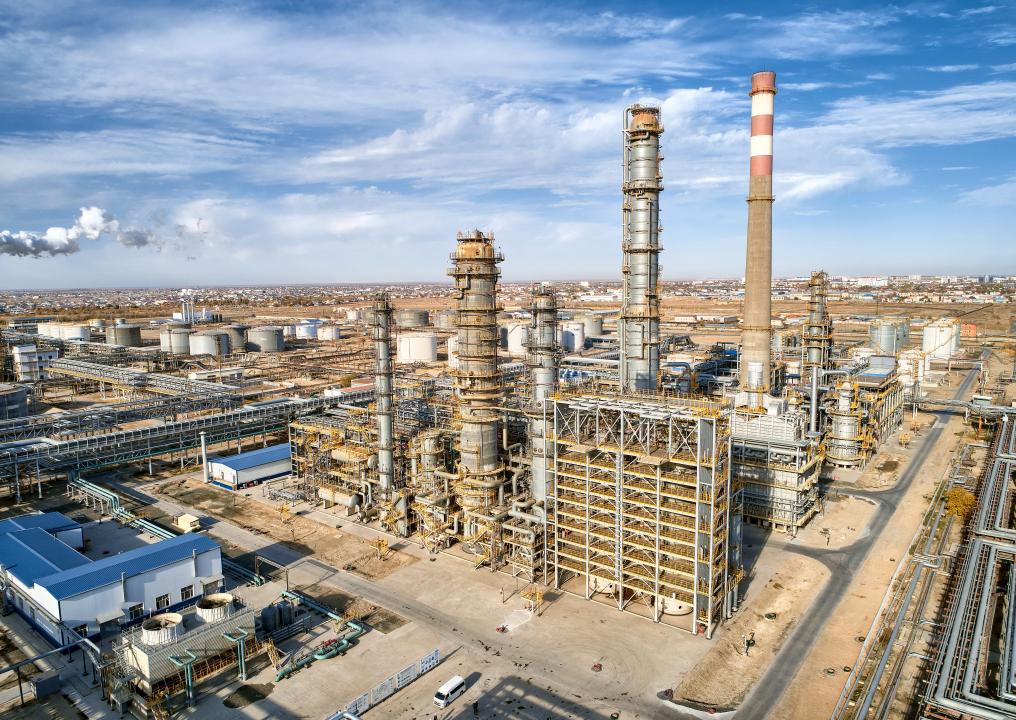KABUL (TCA) — The chairman of the Turkmenistan-Afghanistan-Pakistan-India (TAPI) natural gas pipeline project, Muhummet Murat Amanov, said on July 6 that Turkmenistan’s state gas company Turkmengaz has completed its evaluation phase of the project and has started laying the pipeline in the Turkmen territory, Afghanistan’s TOLOnews agency reported.
According to Afghan officials, the practical work will start on the project in Afghanistan once the technical assessments have been finalized. The TAPI project aims to export up to 33 billion cubic meters of natural gas per year through a proposed 1,814-kilometer pipeline from Turkmenistan to Afghanistan, Pakistan and India.
Afghanistan will receive $500 million a year in transit duties from the project.
Addressing a gathering under the theme ‘TAPI and Its Impacts on the Economic Development of Afghanistan’, Amanov said that Turkmengaz has completed the engineering and design phase of the project and the pipe laying phase will start in Afghanistan within a year.
“Currently we are assessing the routes of the gas pipeline including issues related to earthquakes, along with social and environmental impact studies (in Afghanistan). Most of our work needs to be done this year and should be finalized by October or November,” said Amanov.
“Undoubtedly, cooperation by the people in areas that TAPI lines will pass through is important,” said Adila Raz, head of the economic cooperation department of the Afghan ministry of foreign affairs.
“Our main objective is to reach the investment phase; that process will help us finalize preliminary engineering work, demining and other assessments, then we can start the construction phase of the pipeline and this will pave the way for private sector investment in Afghanistan,” said Afghan President Ghani’s advisor Ajmal Ahmadi.
“Our (Afghan) private sector has the capacity to take part in the implementation of the TAPI project, our demand is that the private sector should be provided with the opportunity to invest in various areas of the project, because on one hand, our private sector has a full assessment of the areas and, on the other hand, they know the local language and this helps to implement the project in the right way,” said Khan Jan Alokozai, deputy head of Afghanistan Chamber of Commerce and Industries (ACCI).









